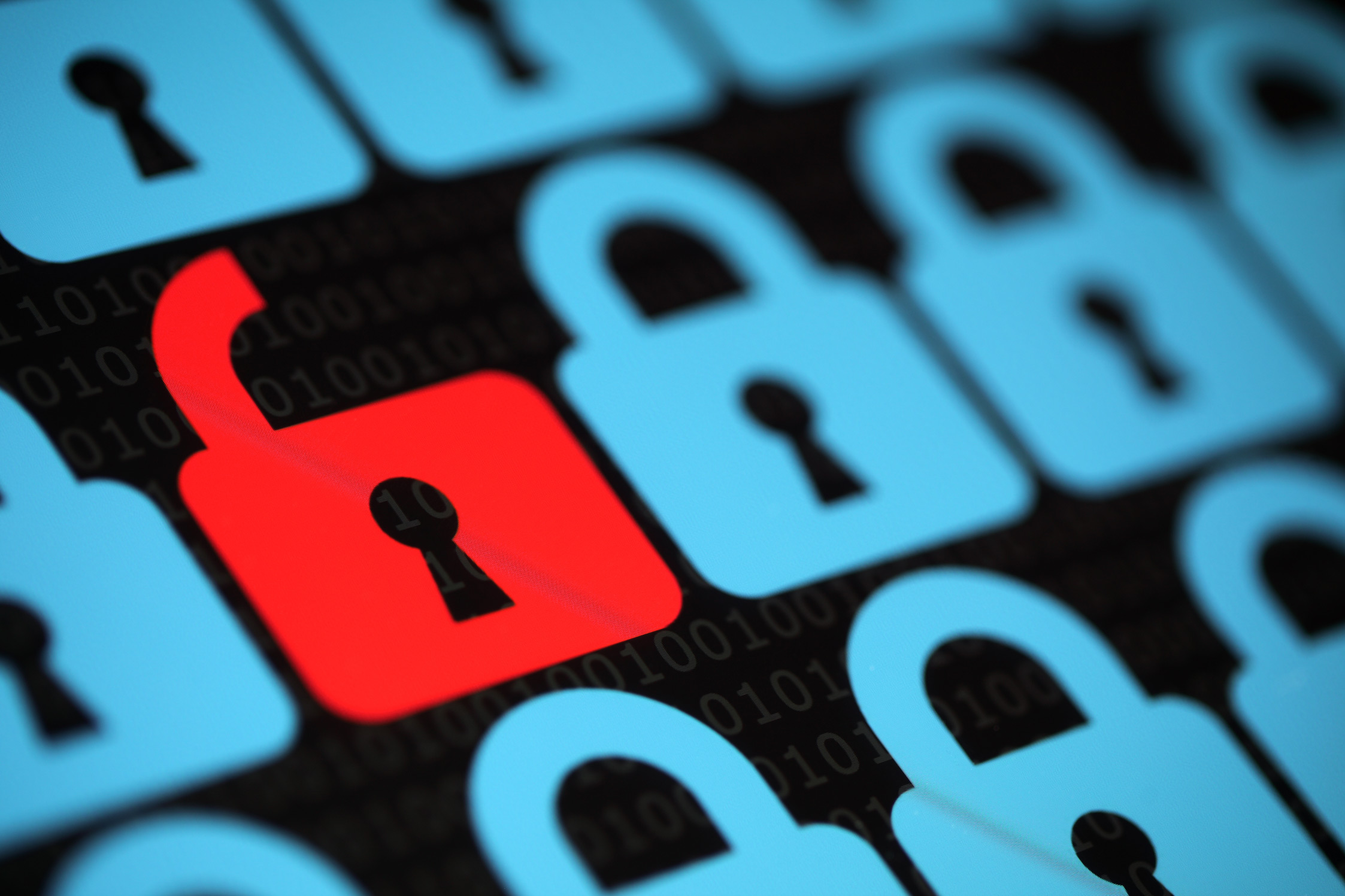


Some might argue the UK is in danger of looking like a puppet on strings with the suggestion procurement decisions are being influenced by the US. Now that Huawei are being phased out of the UK’s 5G infrastructure project, what does the future hold for the UK and how will this decision affect the UK and international supply chains?
In 2019 the UK Government announced ambitions to advance our economy by contracting Huawei to provide speeds up to 10 times faster than 4G with a new 5G infrastructure project. Whilst 2019 seemed a seminal year for 5G development, 2020 has come with an abundance of complications.
With the coronavirus pandemic monopolising our media headlines for months, it might have come as a surprise to the public in July 2020 that the UK Government, having arguably been heavily influenced by international security concerns, have consequently set in place plans to exclude Huawei from the UK’s 5G network venture.
International politicians, especially many of those residing in the White House, are pleased the UK have come to this decision and continue to encourage the rest of the globe to phase out use of Huawei technology.
Now is the time for organisations within the technology sector to prepare change management strategies. What is in store for the UK’s digital future, how will they keep pace with the rest of the 1st world economies and what impact will there be on international organisations, technology and telecommunications supply chain now that Huawei will be exiting multiple contracts across the supply chain?
As a result of the coronavirus pandemic, there has been a massive, never seen before, boom in at-home-teleworking. It is becoming increasingly imperative that countries in response to this shift, take steps to further the digitalisation of their economies by transitioning from 4G to 5G. Although there are other infrastructure programmes that put pressure on the public purse and compete for priority (such as the HS2 project featured in last week’s post), it can be argued that digitalisation is now a much greater priority and a more meaningful way of connecting people from across the UK and all over the world without the need to physically travel.
Huawei were set to transform our country’s mobile network infrastructure and advance speeds by up to 10 times faster than today. However, it is now uncertain as to what the future holds for the deployment of the UK’s 5G infrastructure nor when the existing 3G and 4G networks will start to creak and crumble under the strain of such massive demand.
Huawei is a Chinese telecom giant and is one of the world’s most successful technology companies:
Despite Huawei’s years of perpetual success, international political concerns have significantly damaged Huawei’s reputation, tarnishing their prospects. The acquisition of multi-billion-pound contracts with the UK Government put Huawei in pole position in 5G deployment in the UK, but ongoing speculation has led to a plethora of contract exits.
Close examination of Huawei has focused on three core areas of concern. Firstly, the political affiliations between Huawei’s CEO and the Chinese Communist Party. Secondly, the authority the Chinese Government holds over Chinese companies through its legislation. Lastly, doubts cast regarding the apparent unsupported personal success trajectory of Ren Zhengfei (notwithstanding him apparently owning no intellectual property rights to Huawei’s technology, infrastructure, know-how and hard-ware devices).
Concerns have been voiced by international superpowers: the USA, Australia, New Zealand and now the United Kingdom.
Zhengfei, as a former army officer and member of the China’s Communist Party and the People’s Liberation Army, might be viewed as a security risk by the UK Government. International superpowers are doubtful as to how a relatively young entrepreneur has single-handedly created the world’s biggest seller of telecommunications equipment and the largest maker of smartphones, with 188,000 employees in 170 countries. Sceptics might suggest this is the work of a Chinese superpower nation with all of its resources and influence accelerating the growth of the company with one of its key men positioned in place as figure head. Whereas supporters argue that hard-work, innovative approaches and strategic prowess have been the success builders for Zhengfei and the company.

Further arguments insinuate China’s National Intelligence Law declares organisations must “support, co-operate with and collaborate in national intelligence work”. Therefore, Bejing can legally coerce Huawei to do its bidding. Could the West trust Huawei and China or would using its equipment leave communication networks vulnerable to interference? We might now never know.
Huawei discards such claims, fighting for its reputation in the courts and in the media, denying all claims that they are influenced by the Chinese government.
As our world becomes more digital every day, and daily use items are progressively dependent upon communications networks, there is a real tangible worry that state sponsored hackers will acquire the means to enter through the backdoor and gain access to vital networks which could be used in ways that affect the running of the country, the economy, international banking and national critical infrastructure. Imagine if a nation could exert influence shutting down a rival nation’s power stations or home Wi-Fi connections? However, how can the nation step forward into a digital world without embracing the new technology that can get us there?
The US was the first nation to assemble an executive order against Huawei, effectively blacklisting the organisation, restricting their ability to sell products and services. The US continues to encourage the rest of the globe to follow suit.
Google immediately complied ending all contracts with Huawei. Cutting ties with Google will have major consequences for Huawei. Without access to Google Play Store and Google Play Services, purchasing Huawei devices might now seem somewhat redundant. Other companies including Microsoft and Intel will also likely be compelled to disengage with Huawei.
Were the US genuinely concerned? Or, after finding out that China was becoming the global leader in 5G development, did President Trump take a strategic decision to open a new front in the US-China trade war?
There remains no tangible evidence that Huawei are state controlled or influenced, however, the UK quickly followed the US example, and so now could the US, to some degree, be the master of our 5G fate. President Trump and his administration made it known they did not want Huawei to lead the deployment of 5G internationally and particularly not with their close military and intelligence allies in the UK. This again is surely unsatisfactory, even our oldest ally having undue influence over UK state affairs?
The National Cyber Security Centre (NCSC) stated they will look at multiple vendors to bring forward a Telecoms Security Bill at its earliest opportunity to ensure a tough telecoms security framework which will phase out all Huawei UK presence. All below decisions were made in response to the US sanctions:
The UK Government are actively encouraging full fibre operators to move away from purchasing new Huawei equipment, aiming to transition out the use of Huawei within two years.
The UK are in the process of exiting the contract with Huawei and already Nokia have come forward exclaiming they “have the capacity and expertise to replace all of the Huawei equipment in the UK’s networks at scale and speed”. Other possible 5G manufacturers across Europe include:
Whether any of the vendors can provide the same technological solution or replace like for like remains uncertain and will presumably have to form part of a partial retendering exercise.
Will alternative suppliers step up and provide a suitable alternative to procure, capable of pushing the UK into the next digital generation? Or will the UK fall into the Globes digital slow lane?

